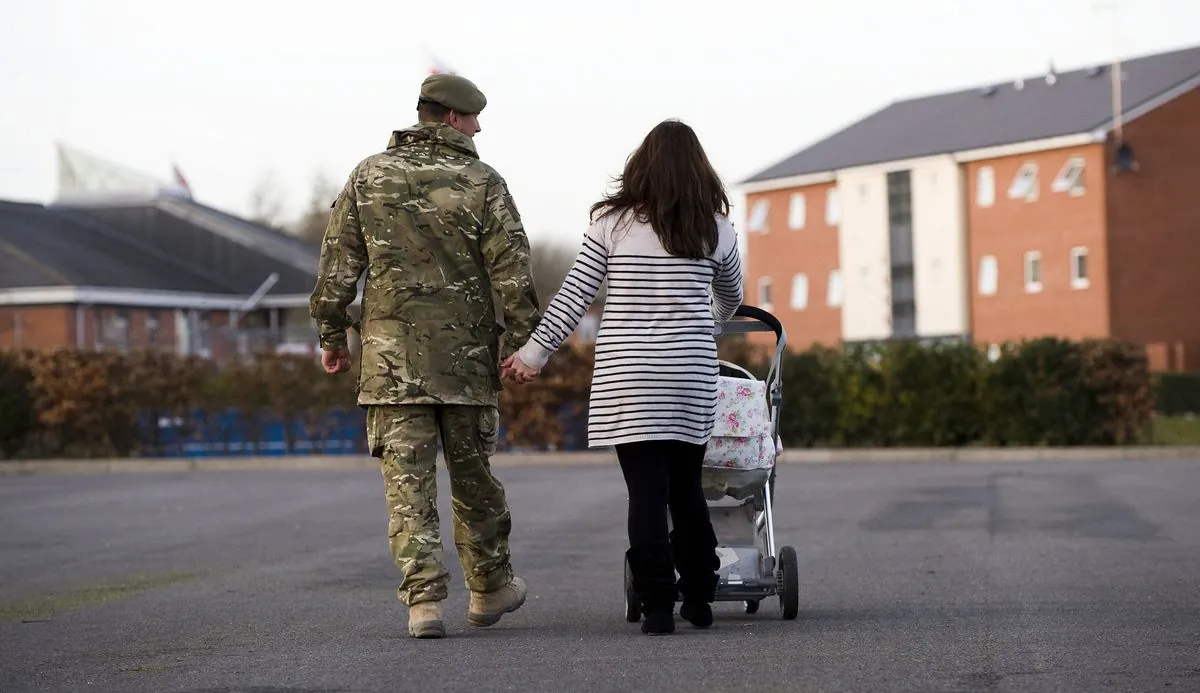UK Military Families Face Housing and Education Challenges
Military covenant under strain as families grapple with subpar housing and potential school fee hikes. Concerns rise over recruitment and readiness amidst ongoing global conflicts.

The UK military covenant, a crucial agreement between the nation and its armed forces, is facing significant challenges. Hamish de Bretton-Gordon, a former military officer, highlights the pressing issues of substandard housing and potential increases in school fees that are affecting service families.
For years, military housing has been a source of concern, with little improvement seen. Now, a potential 20% increase in school fees threatens to exacerbate the situation. This hike could deter potential recruits from joining the armed forces, as boarding school discounts have traditionally been a key benefit compensating for the demands of military life.

De Bretton-Gordon shares his personal experience, having attended four schools across the UK, Germany, and the Middle East before settling into boarding school at age seven. This pattern of frequent relocations is common among military families, with children often facing multiple school changes throughout their education.
"As a soldier myself, my children would have gone to 9 different schools rather than the two boarding schools they went to. This is not free education, we still spent virtually every spare penny we had to top up the school fees from the Army allowance."
The current state of the UK military is a cause for concern. The Army has been significantly reduced in size, with de Bretton-Gordon noting it is at its smallest since the Battle of Waterloo, 209 years ago. This reduction raises questions about the UK's ability to respond effectively to potential threats, particularly in light of ongoing conflicts such as the war in Ukraine, which began 2.5 years ago.
The Defence Review, a crucial assessment of the country's military needs, is underway. However, there are worries that despite the current global tensions, increased defense spending may not be prioritized. The Prime Minister has stated that such increases will only occur when conditions allow, leading to criticism from those who believe national security should be the top priority.
De Bretton-Gordon argues that the treatment of military families is a "national disgrace." He emphasizes that service personnel, who come from diverse backgrounds across the UK, cannot strike or withdraw their labor. He calls for better support, including decent education for children and improved housing for families.
In conclusion, the article appeals to political leaders, particularly referencing Sir Keir Starmer, to recognize the sacrifices made by military families and provide them with the support they deserve. The message is clear: while others may debate, it is the military personnel who stand ready to defend the nation's freedoms.


































